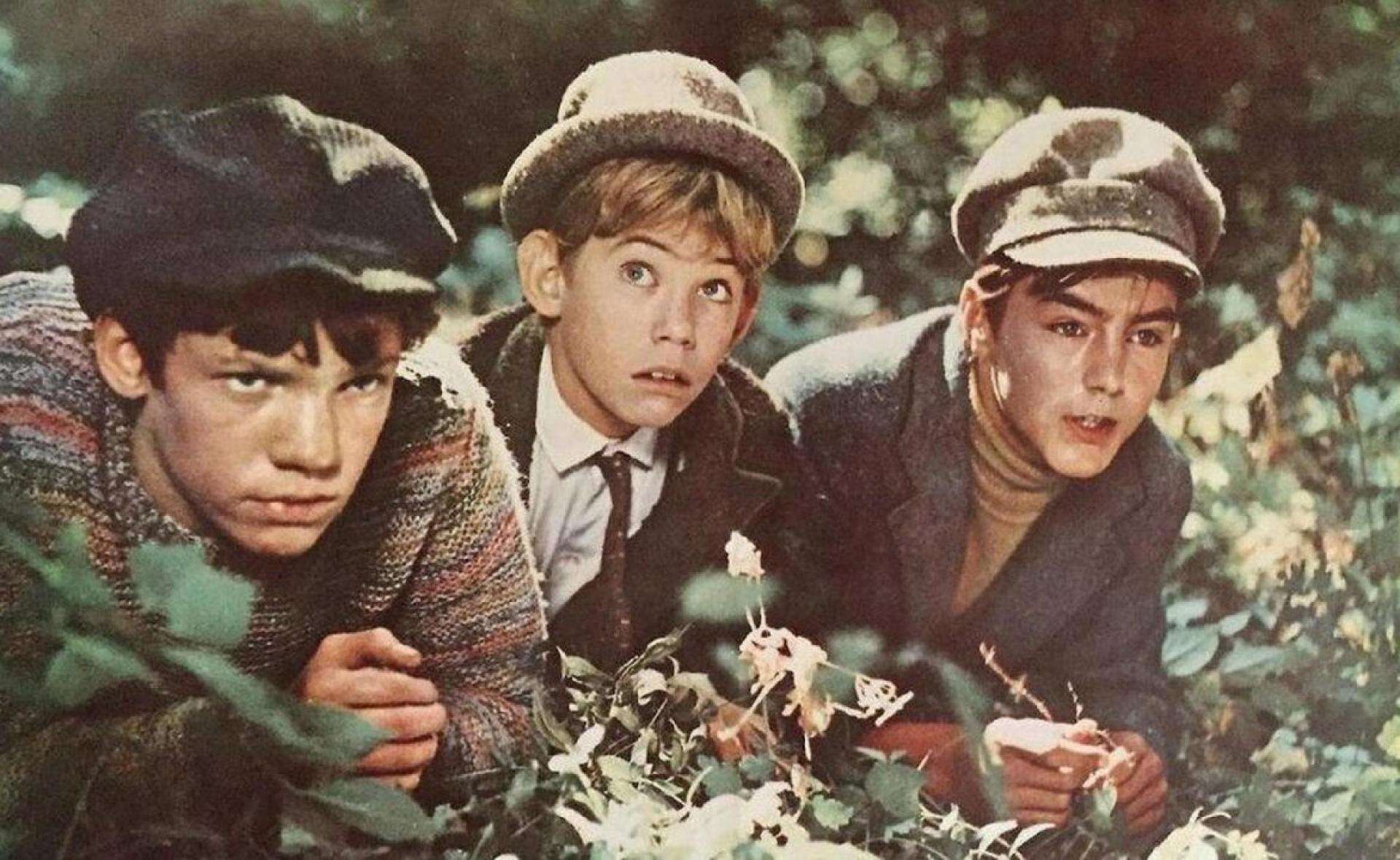Online

Ferenc Molnár's youth novel 'The Boys of Paul Street' was published in 1907 and translated into more than thirty languages. It became compulsory school reading in several countries, including Estonia. It has been adapted on screen five times so far, first in 1917, then in 1924, there was a Hollywood version (Frank Borzage: No Greater Glory, 1934) and an Italian one, but the 1969 adaptation of Zoltán Fábri is still the standard.
The filming rights were with Hungarian-American producer Endre Bohém, at whose request the children’s actors were played by young English boys selected from an actor training school in London. Bohém wanted to change the end of the story, where Nemecsek would not have died, but Fábri wanted to adapt the original book, and in the end his will prevailed.
The film adapts faithfully the plot of the book. We are at the turn of the 20th century, in the VIII. district of the capital city of Budapest, where two teams of schoolboys are competing against each other. The children of the Paul Street playground learn that the rival gang, the Red Shirts led by Feri Áts (Julian Holdway) from the Botanical Gardens, are preparing to attack them. Boka (William Burleigh) is elected as leader, everyone gets the rank of an officer, only the skinny Ernő Nemecsek (Anthony Kemp) remains a private, who, moreover, is later accused of unjust treason. To prove his loyalty, the little boy sets off on a partisan action that later proves fatal, and then dawns the day of the great battle.
Filming took place in English, and the Hungarian actors also had to speak in English. Instead using the site of the book on Paul Street, a playground was built in the 13th district, and the scenes set in the Botanical Gardens were recorded in the Vácrátót Botanical Garden, some 30 kilometers north of Budapest. This is where the nightly gathering of the Red Shirts and the private action of Nemecsek takes place, recorded by the cinematographer György Illés using the “Day for Night” technique to simulate a night scene while filming in daylight. The film won the Audience Award of the Hungarian Feature Film Festival in the year of its presentation, and it was the first Hungarian film to be nominated for the Academy Award for Best Foreign Language Film. Fábri's work is still an immersive experience, thanks, among other things, to the fact that he consistently endorses the subjective point of view of children.
The film will be screened online.
Time: from 8 am on the 20th of March until 8 am on the 22 of March.
You can find the registration link on the right side of the page. A link to watch the film will be sent to the registrants by email before the screening.
